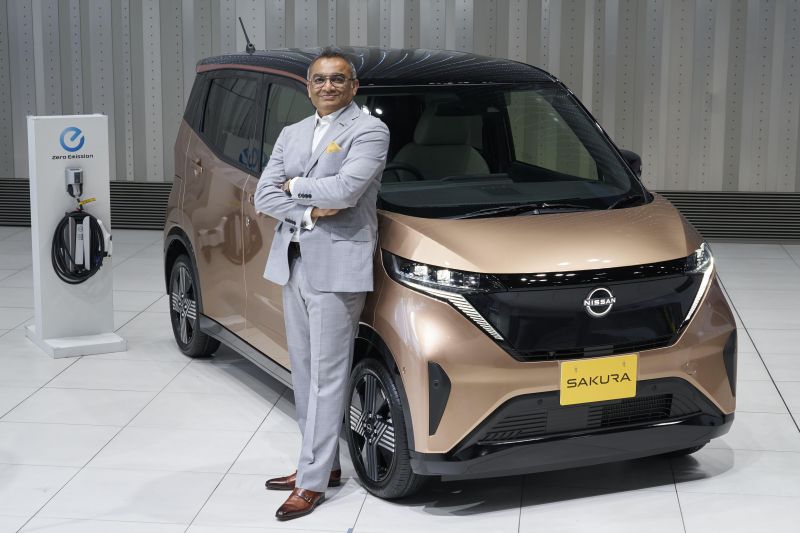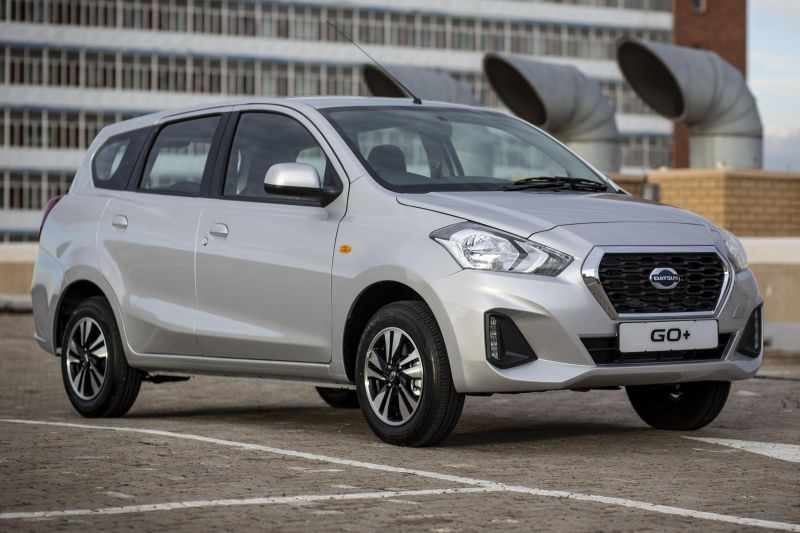While the financial and product outlook has been improving at Nissan, boardroom intrigue persists at Japan’s third largest automaker.
Ashwani Gupta, the company’s chief operating officer (COO), will not be re-elected to the automaker’s board when his term ends on June 27, and it’s unclear what his future at Nissan is.
Nissan is slimming down its board of directors from 12 to 10. Existing board members, including CEO Makoto Uchida and representatives from Alliance parter Renault, account for nine of those spots.
The only new addition to the board is Brenda Harvey, who was the CEO of IBM’s Asia Pacific operations until 2022, and is currently general manager of Big Blue’s US public sector and federal government arm.
Gupta has been unusually prominent in his role of COO, taking a leading role in product and company announcements.
According to Reuters, during the pandemic Gupta’s supporters were angling for him to be elevated to co-CEO in order to improve relations with Renault and help run Nissan’s turnaround, but this promotion never occurred.
Gupta began his automotive career in 1996 Gupta when he joined Honda India. There he rose to become the company’s head of new model development.
He decamped to Renault India in 2006 to take on the role of general manager in charge of purchasing. In 2011 he took a senior role at Datsun, Nissan’s low cost marque. By 2014 he was the head of the Renault-Nissan Alliance’s light commercial vehicle division.
At the beginning of 2019 Gupta became chief operating officer of Mitsubishi Motors, in which Nissan holds a controlling 34 per cent stake. In October 2019, he was elevated to the role of Nissan’s COO, sitting alongside newly appointed CEO Makoto Uchida, who had previous head of Nissan China.
This dual appointment was Nissan’s clearest attempt to draw a line under the turmoil after the arrest of CEO Carlos Ghosn in November 2018.
Without Ghosn to hold the French and Japanese automakers together, the Alliance members struggled to plot a path forward. Not only did the Alliance need to plan for EVs, but there was a long-standing air of suspicion about Renault’s desire to merge with Nissan, and the French company’s outsized influence at Nissan, which for a long time generated a majority of the sales and profits.
Nissan and Renault finally announced a reset of their relationship at the beginning of 2023. Changes include Renault promising to sell down its Nissan stake and limit its voting rights to just 15 per cent. On the flipside Nissan will finally gain voting rights at Renault, and the Japanese firm will take a 15 per cent stake in Renault’s EV arm.









